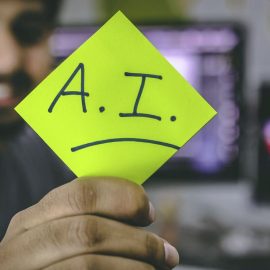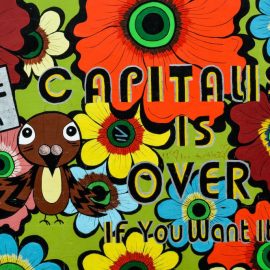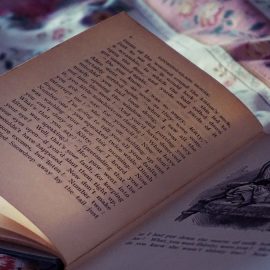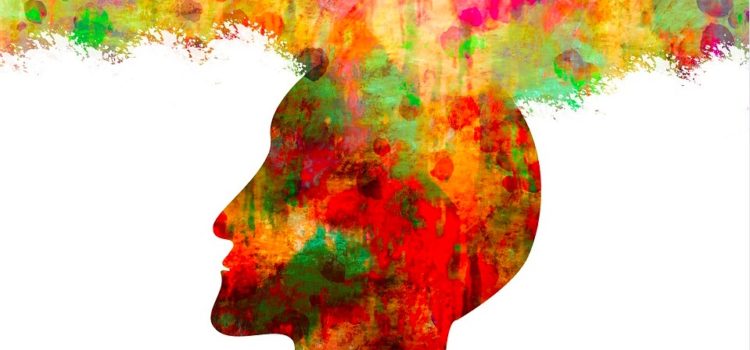
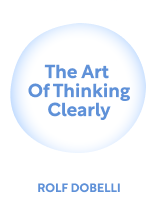
This article is an excerpt from the Shortform book guide to "The Art of Thinking Clearly" by Rolf Dobelli. Shortform has the world's best summaries and analyses of books you should be reading.
Like this article? Sign up for a free trial here .
Are we living in the age of false knowledge? How did the advent of the internet contribute to the spread of false knowledge?
In the internet age, false knowledge is spreading like wildfire. People consider themselves experts because they have easy access to information, but they never gain a deeper understanding of it.
Here’s how the advent of the internet has given rise to the age of false knowledge.
The Spread of False Knowledge
While real knowledge belongs to experts who work for their understanding, false knowledge belongs to people who don’t know what they’re talking about but make it look like they do.
TV hosts frequently use false knowledge, Dobelli says, as they simply read information others have gathered from scripts. However, because they’re the figurehead providing the information to the audience, they receive a high level of trust and respect. Rather than looking for the actual experts behind the knowledge, the audience attributes the knowledge to the person in front of them. This is dangerous because the hosts can exploit this unearned trust: They can share incorrect or harmful information that inspires bad decisions.
(Shortform note: While false knowledge can still fool viewers into trusting TV hosts, it’s a much less common phenomenon in recent years. Trust in news reporters hit an all-time low in 2015, and while it’s slowly increasing again, it still hasn’t fully recovered. This trust disappeared because the public realized that TV hosts not only use false knowledge but also blur the lines between fact, opinion, and entertainment.)
It’s easy to fall into sharing false knowledge yourself, Dobelli warns. People overestimate their knowledge and expertise. To avoid this, examine your knowledge honestly and draw a hard line between what you really do know and what you’re not sure about. If you couldn’t discuss the subject easily and factually with another expert, be careful discussing it at all.
False Knowledge: Information vs. Wisdom
Dobelli treats false and real knowledge as polar opposites, but knowledge is arguably more of a sliding scale. Some people claim that there are four stages of knowledge:
- Information. This stage is the same as Dobelli’s false knowledge: You have some information, but that information isn’t being internalized or examined.
2. Knowledge. In this stage, you have a basic understanding of the information and can use it helpfully.Insight. In this stage, you deeply understand the information and can work with it creatively to problem solve.
3. Wisdom. This stage is the same as Dobelli’s real knowledge: Information, knowledge, and insight come together with experience to provide overarching understanding.
While wisdom has never been easy to attain, in the internet age, it’s becoming even rarer. Basic information lends itself to flashy graphs and shocking numbers, letting people rile up their social media followers without understanding the deeper meaning of the information they share.
Taylor’s advice for avoiding this trap echoes Dobelli’s: Before considering yourself an expert, look at the stages of knowledge. Only when you’ve reached the insight or wisdom stages can you be confident in your understanding. Finally, don’t be afraid to admit when you don’t know something: Doing so encourages your curiosity and lets you see the situation in new ways.

———End of Preview———
Like what you just read? Read the rest of the world's best book summary and analysis of Rolf Dobelli's "The Art of Thinking Clearly" at Shortform .
Here's what you'll find in our full The Art of Thinking Clearly summary :
- A detailed look at the most common logical fallacies that inhibit decision-making
- How to recognize and overcome these fallacies to make better decisions
- Why you value things for arbitrary reasons

